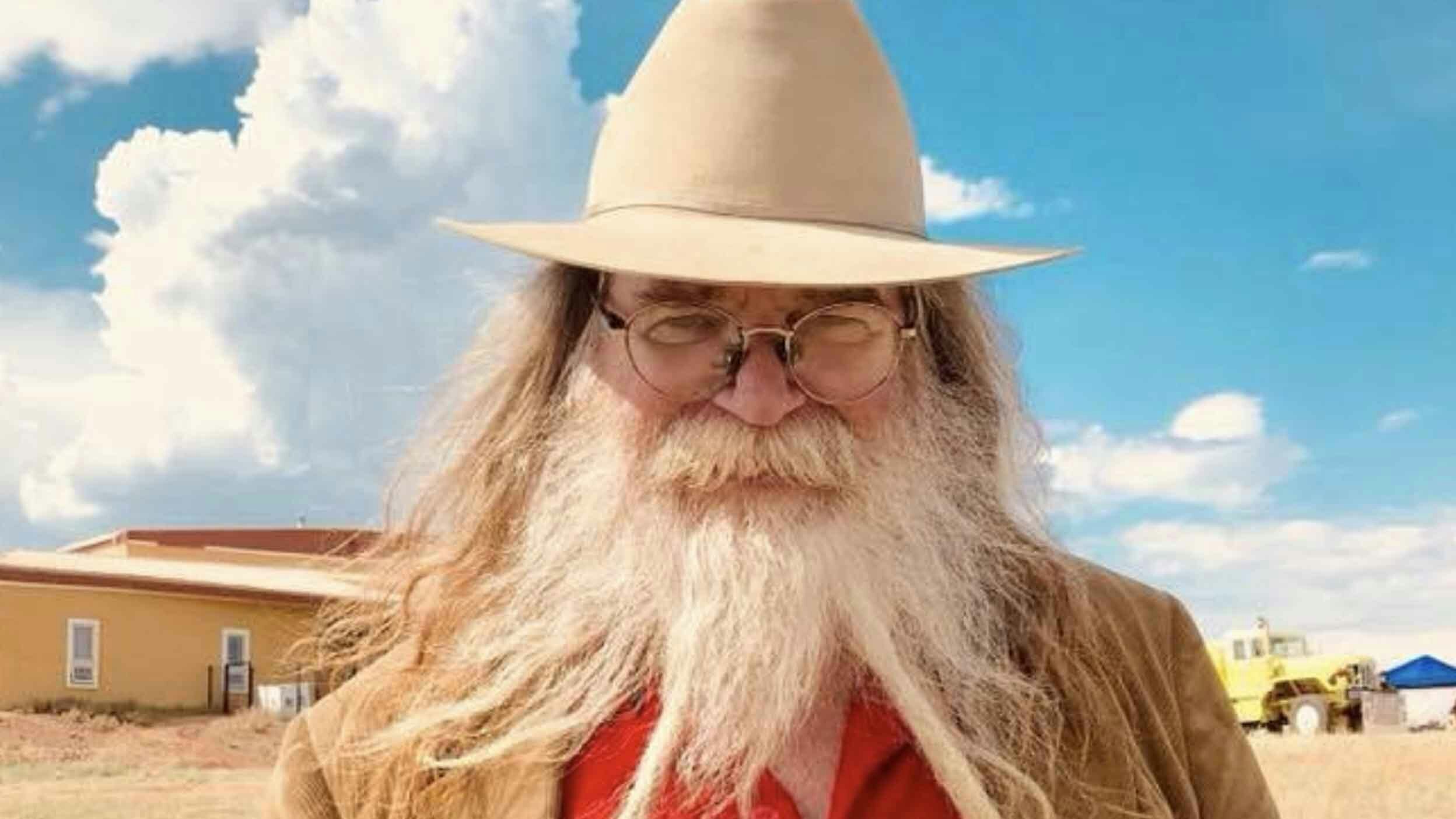Ross McPhee, senior curator of the American Museum of Natural History in New York, has taken offense at my recent column about “wild” horses. Gosh!
McPhee has an impressive curriculum vitae, but would benefit from a course in remedial reading. In the first sentence of his letter taking issue with my column, McPhee claims that I advocate for the “elimination” of feral horses.
Horseshit! Nowhere in my column is the notion of “elimination” expressed or even implied regarding feral horses. The verb I used was “manage”. Someone with McPhee’s academic credentials should be able to understand the King’s English better than that.
Strike one on McPhee. A fastball right down the pipe.
McPhee steps back up to the plate and Miller delivers.
In his screed, McPhee tries to make his point by using waffle language like “emerging consensus”, “No one, I think”, “our research is still in its early stages”, “ifs” and “but.”
And he tosses out this gem, “Indigenous peoples already have an answer: horses never disappeared. Several groups are investigating this possibility, with Native American help, and we may shortly have an answer.”
McPhee bases this last assertion on nothing more substantial than indigenous oral tradition. Oral tradition is a poor substitute for empirical evidence. Or at least it should be for a science guy like McPhee.
Oral tradition, absent hard evidence, is nothing more than myth. And the point of my column that seems to have ruffled McPhee’s well-educated feathers is that the myth of “wild” horses is no basis for real-world management.
Mr. Science McPhee is perpetuating that myth and he should know better.
It’s almost as if he would like to see feral horses managed by emotion and children’s books rather than scientifically.
If McPhee has evidence from the archaeological record that horses never left, he should present it. If not, he should confine himself to telling fairy tales to the kids around the campfire.
McPhee’s letter presents an impressive yoga routine of semantic and phylogenetic contortions to define these horses that are munching our public grass. He could have saved his breath.
The Wild Horse and Burro Act of 1971, the federal law governing the management of these broomtails, defines them clearly as, “…all unbranded and unclaimed horses and burros on public lands of the United States.”
What Mr. McPhee thinks that they are doesn’t mean squat when it comes to managing them.
High and inside, but McPhee swings at it anyway. Strike two.
Finally, McPhee seems to have confused my op/ed column in a digital newspaper in Wyoming with a peer-reviewed article in a scientific journal. Consequently, his hair caught fire and he was compelled to come to the defense of his “research”.
I think that failing is common to over-educated academics. So I’ll deliver my last pitch, a knuckleball that he doesn’t have a prayer of hitting. Here it comes.
“Its just my opinion, dude. Deal with it.”
Called strike three. Back to the dugout, Dr. McPhee.





